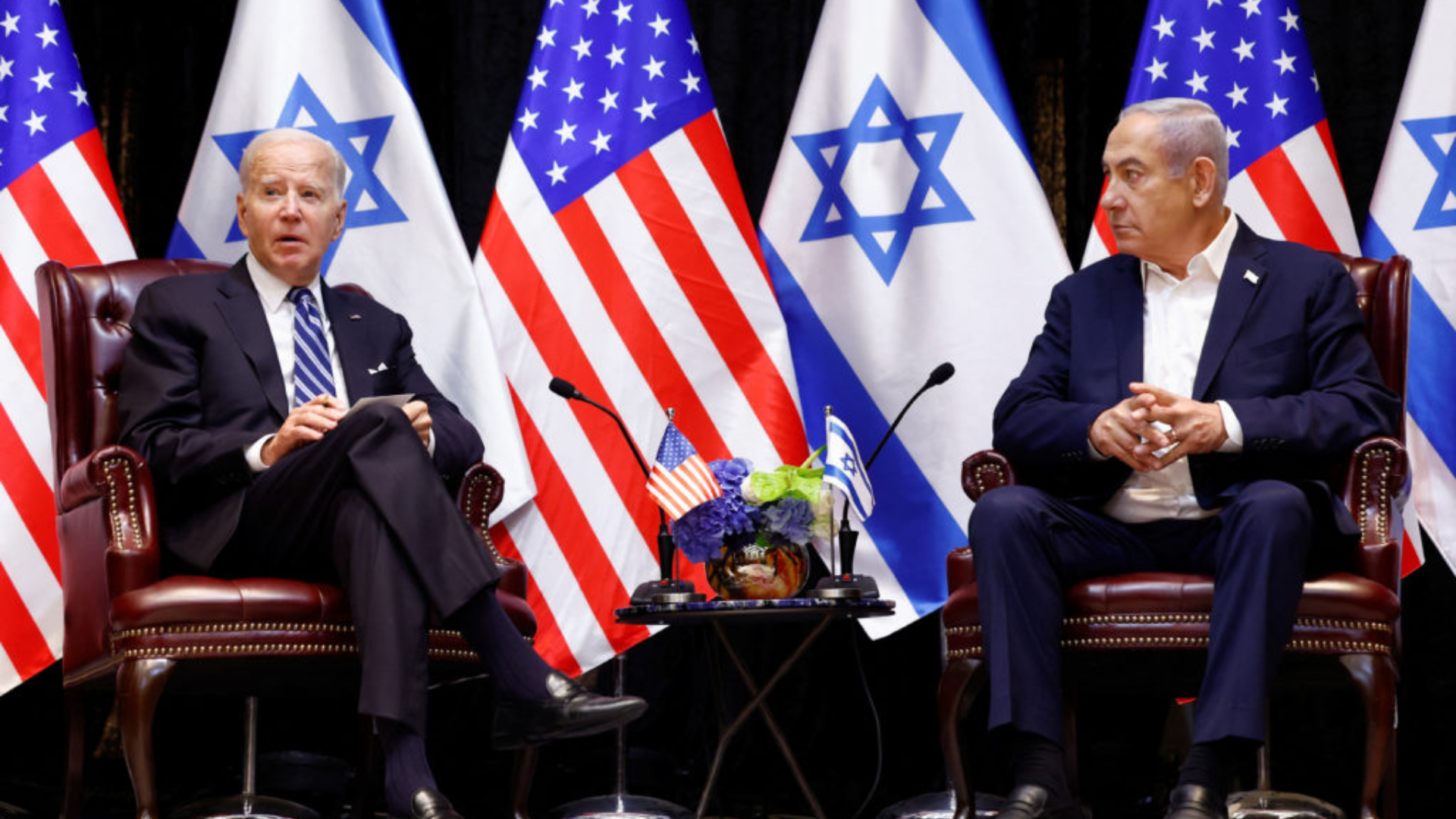Iran and Israel have engaged in a series of tit-for-tat actions, including drone and missile attacks, raising concerns about a potential escalation into a wider conflict. However, both sides have sought to downplay the severity of these exchanges, indicating a desire to avoid further escalation.
Despite these efforts to temper tensions, the region remains volatile, as evidenced by a deadly blast at an Iraqi military base and continued violence in Gaza and the West Bank.
The United States has approved new military aid for Israel, further underscoring its support for its ally amid criticism of Israel’s actions in Gaza. Israeli Prime Minister Benjamin Netanyahu welcomed the aid package, emphasizing bipartisan support for Israel’s defense efforts.
However, the Palestinian presidency condemned the aid as an aggression against the Palestinian people, reflecting ongoing tensions in the region.
The recent exchange of attacks between Iran and Israel has heightened concerns about the potential for further violence. Iran’s Foreign Minister dismissed Israeli retaliation as insignificant, while Israeli officials have remained silent on their actions.
Meanwhile, violence involving Iran-backed groups has spread across the Middle East, with clashes in Iraq and Lebanon adding to the instability.
In Gaza, the Israeli military offensive has sparked international condemnation, with concerns raised about the civilian toll and the risk of famine. Efforts to secure a ceasefire have faltered, prolonging the suffering of civilians caught in the conflict.
As the situation in the Middle East remains tense, regional and international actors continue to grapple with the complexities of the ongoing crisis. The need for diplomatic efforts to de-escalate tensions and address underlying grievances has never been more urgent.





















